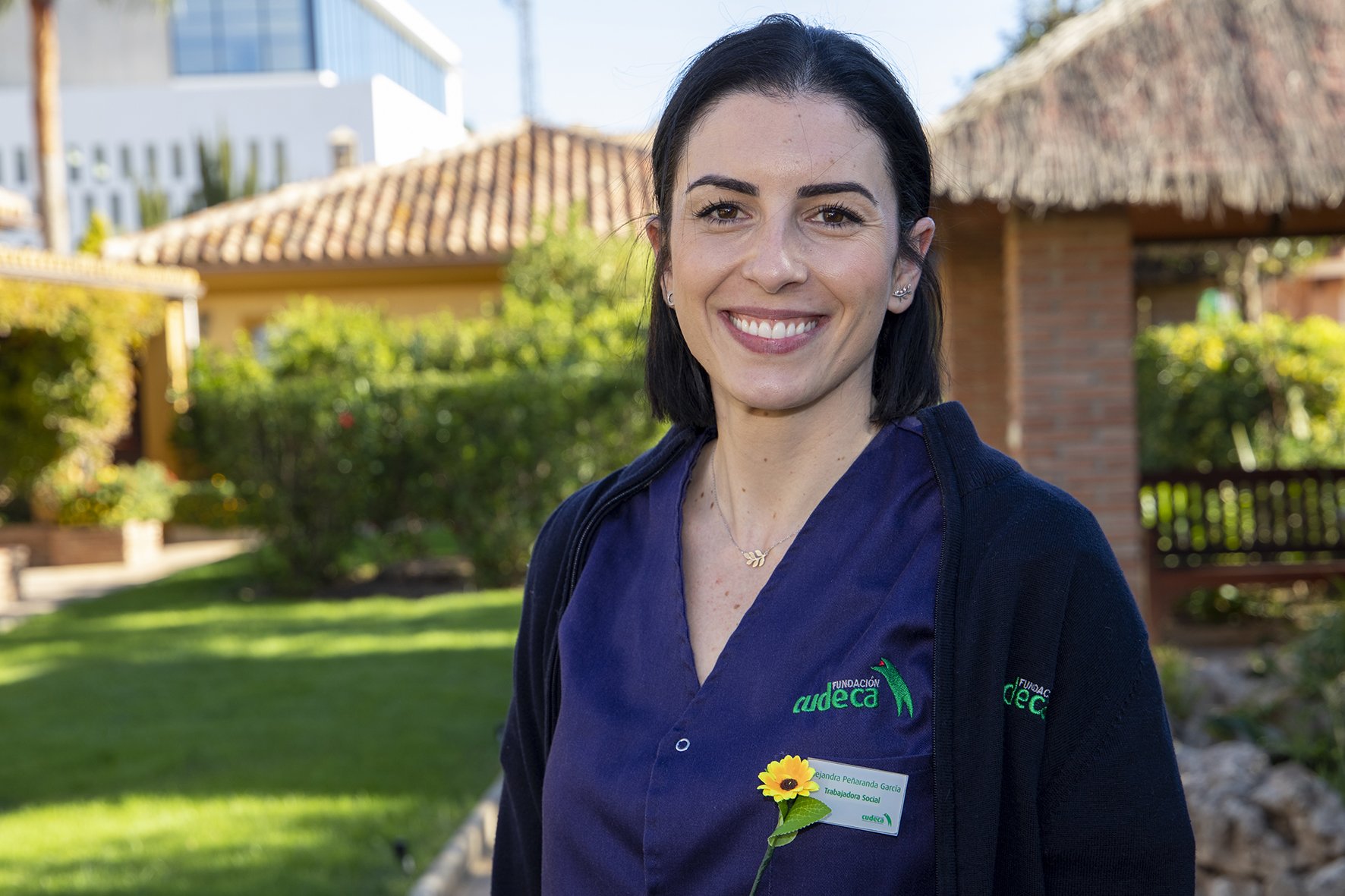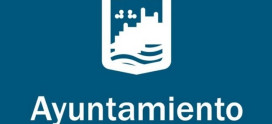Alejandra Peñaranda, CUDECA EAPS social worker
My name is Alejandra Peñaranda and I have been a social worker at EAPS for 14 years.
What gives me the greatest satisfaction in my work is knowing that I am part of a team for whom a patient is not just a patient, but a person with his or her own identity, experiences and life history, and this also includes close attention to his or her family or people of reference.
This is the philosophy promoted by the programme, which shows that true integral care includes the assessment of social aspects. The illness entails alterations that must be addressed by the social worker, such as those related to housing, the organisation of care, economic problems that may arise from the difficulty in finding a job or advice on public or private resources. But there is also a lesser known and highly valuable part, which has to do with accompanying the patient and the family, through the helping relationship and communication, in becoming aware of their own abilities, reinforcing and valuing what they are doing well, promoting those resources that are within the person, the family or the environment and being open to what each person feels as their need, since it is the people affected who write their own story, and in whose process we professionals guide and accompany them.
I would like to share the case of Jesús, a 57 year old man who lived with his elderly mother, with difficulties in covering the care needs and with a lack of social and economic support. On the first visit, together with my undergraduate student of Social Work (let's not forget how important it is to spread the philosophy of palliative care and the good training of future professionals!) we found a person in a state of depression, literally slumped on a sofa, defiant towards us and indifferent to any action we could take. It only took a few minutes of genuine attention to her own concerns for her to verbalise "just like your colleagues who came before, you were able to see me, and you didn't see a disease". His physical posture changed and he began to show us a closeness that in just two visits became a very strong bond. This allowed aspects that significantly improved his and his mother's quality of life to be addressed. Technical aids were provided that facilitated his grooming and ambulation around the house (what would we do without our administrative staff...), his permanent disability pension, of which he had not been informed to date and which had a very positive impact on his finances, was resolved, and the accompaniment of a volunteer was key to the relief of the mother, and even of himself, who needed his own spaces. He was referred to physiotherapy and psychology, and the medical team worked hard to ensure good adherence to the treatment and was always present for the adjustments that he needed during the process. This is a reflection of real teamwork, and it all comes down to the immense gratitude of the patient and his mother, who managed to find a reference and a guide in the difficult process they were going through, and we recognise the responsibility and fortune of being able to be present as professionals at a time like this.




